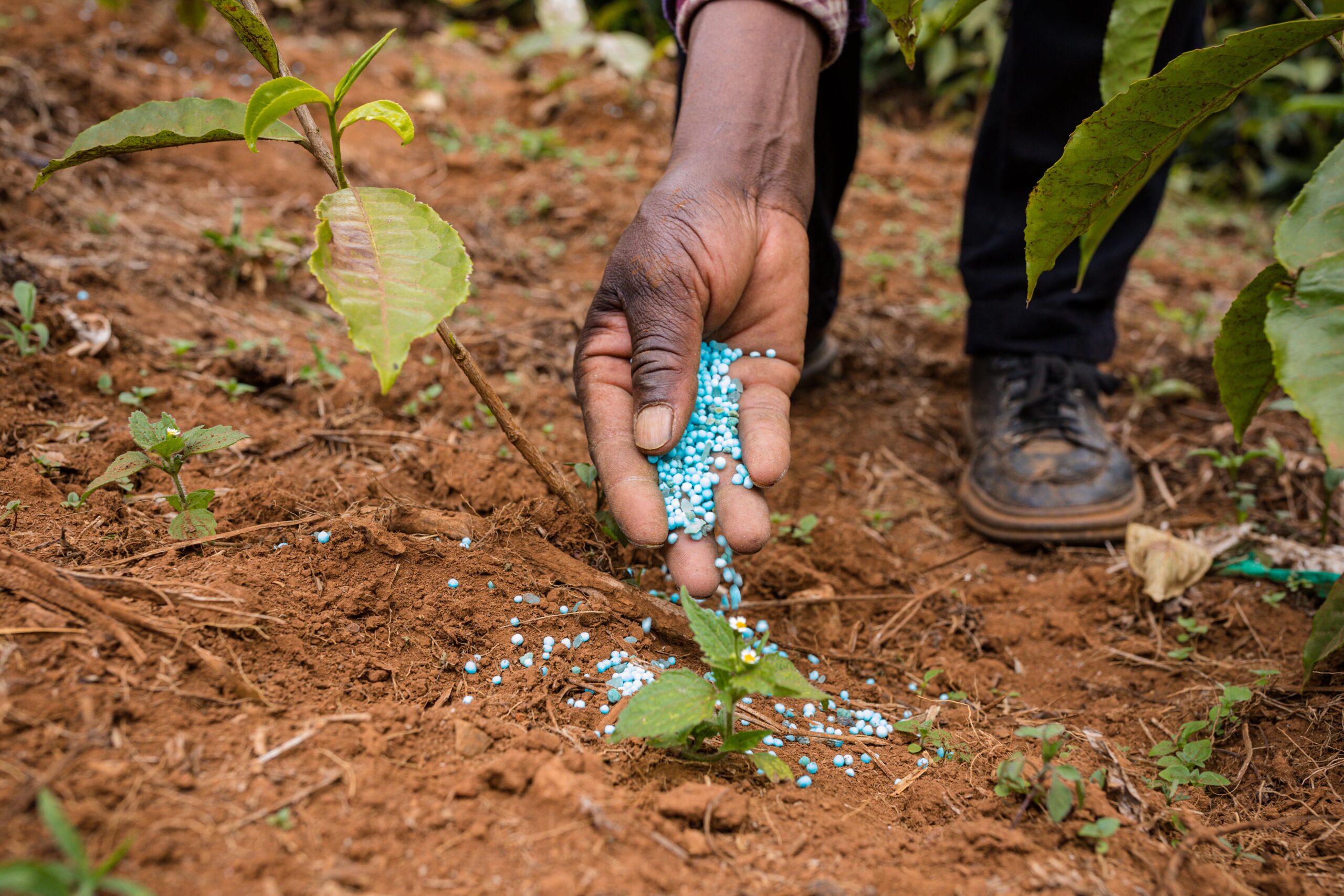Farmers in Zimbabwe have for years received free fertiliser from government schemes as part of efforts to boost grain production.
The Ministry of Agriculture has targeted maize growers for fertiliser input as they are at the vanguard of the country’s food security efforts. However, what has emerged in recent years, and continues unabated, is that smallholders getting such support have misused the fertiliser, selling it on the black market.
Zimbabwe’s informal sector has become the go-to place for all sorts of commodities and brokerage, and the country’s agriculture has been no exception.
A beneficiary who gets a 20 kilogramme bag of fertiliser or maize seed repacks it into smaller sachets for sale, leaving his own piece of land unplanted.
Authorities are aware of this, with Agriculture Minister Anxious Masuka issuing a stern warning against the practice.
This comes as Zimbabwe received 23 000 tonnes of fertiliser from Russia in January as the Southern African country makes strides towards upscaling production in the agriculture sector.
The Russian fertiliser is a free donation with other African countries reportedly also getting their own consignments.
Yet for Zimbabwe, concerns linger regarding whether the fertiliser will reach its intended beneficiaries, and if the beneficiaries will put the fertiliser to good use.
Tymon Nyoni, a smallholder on the outskirts of Bulawayo, is one of many farmers who say they have yet to receive any government input including seed and fertiliser for years.
“We always hear about free seed and free fertiliser, but my neighbours and I have yet to receive any of it,” Tymon said.
For years the distribution of farming inputs has been marred by what critics say is selective distribution, with members of the opposition reportedly being denied such support.
Government has routinely denied such claims.
Yet the latest Russian largess has once again rekindled concerns about how the fertiliser will be distributed.

Farmers in Zimbabwe have for years received free fertiliser from government schemes as part of efforts to boost grain production, however some are misusing it and selling it for their own gain. (source: Pexels)
The Grain Market Board and the Agriculture Ministry have already issued warnings this year against the abuse of the Presidential Input Scheme.
For smallholders such as Tymon who operate in low rainfall areas where fertiliser is essential, the abuse of the free inputs has been known for a long time.
“What we have seen is that there are people who collect names of those deemed to be eligible for the inputs, yet not all households who need such assistance benefit. We ask therefore what the criteria are,” Tymon said.
Ever since government support for smallholders was initiated under the late President Robert Mugabe, the scheme has met the same problems of corrupt allocations with authorities struggling to plug the abuse.
As the Russian fertiliser begins its journey across the country, it remains to be seen whether it will change the hue of the country’s food security ambitions and benefit millions of smallholders who rely on government handouts to feed themselves and the whole nation.
Zimbabwe has previously received fertiliser from Belarus, but the country has continued to struggle to return to its former breadbasket status despite sustained international support.
In October last year, Agriculture Minister Masuka told parliament after concerns were raised about the continued abuse of presidential inputs that such actions would not be tolerated.
Yet the problem persisted.
“Theft of inputs given by the President for onward distribution to communities must stop. From ministers, government officials and everyone involved, we must stop stealing the inputs meant for the people. They should reach the intended beneficiaries in order to make a difference. Let us all stop it,” Masuka told parliament.
Scores of agro-dealers and individuals including agriculture extension officers have been arraigned before the courts facing charges of stealing free inputs, especially maize seed and fertiliser in a country where a black market for virtually anything imaginable flourishes.
The Agricultural Advisory and Rural Development Services (AARDS) has also added its voice against the abuse of presidential inputs, highlighting the extent of problem.
Despite government support, some farmers have still failed to plant their crops, AARDS officials say, and with the confirmation and receipt of the Russian fertiliser consignment, the government has its hands full ensuring that such assistance does not go to waste.









